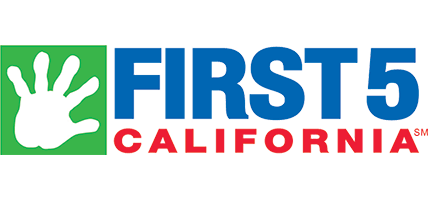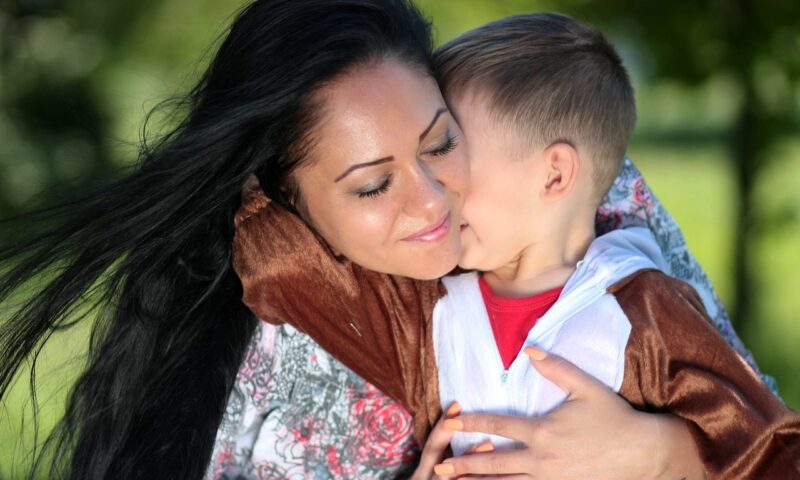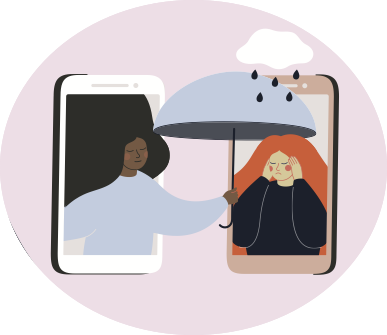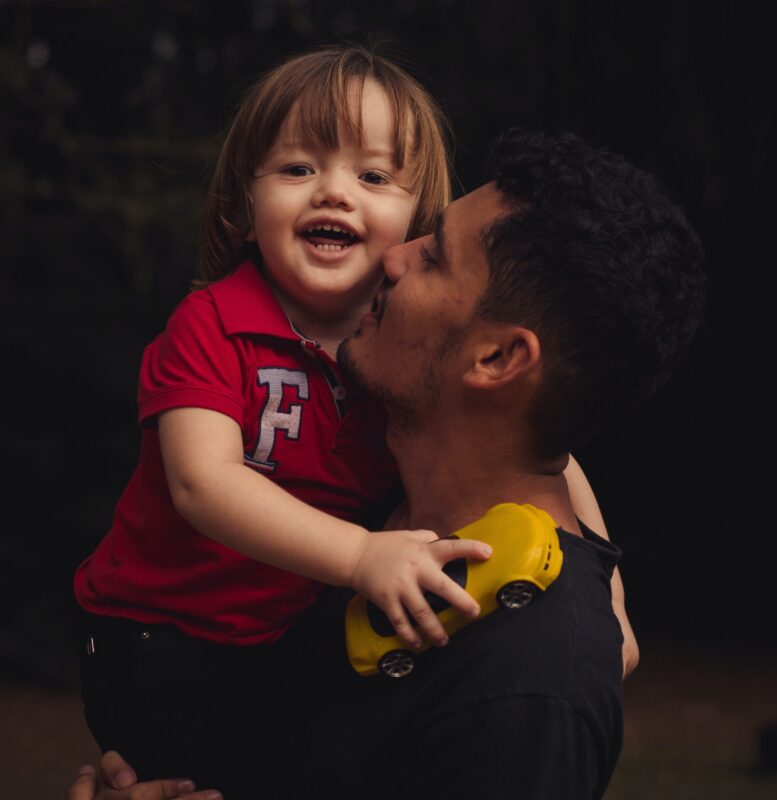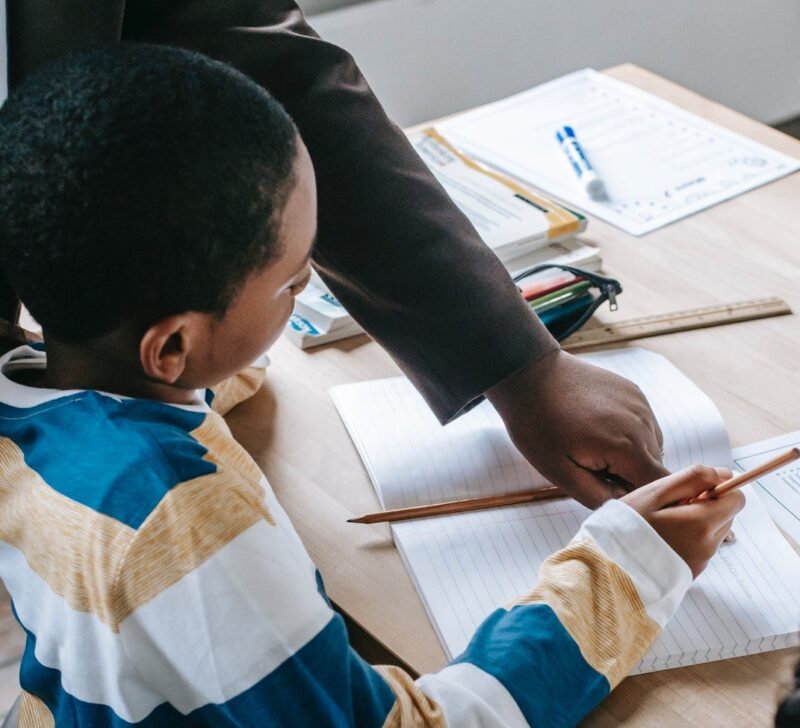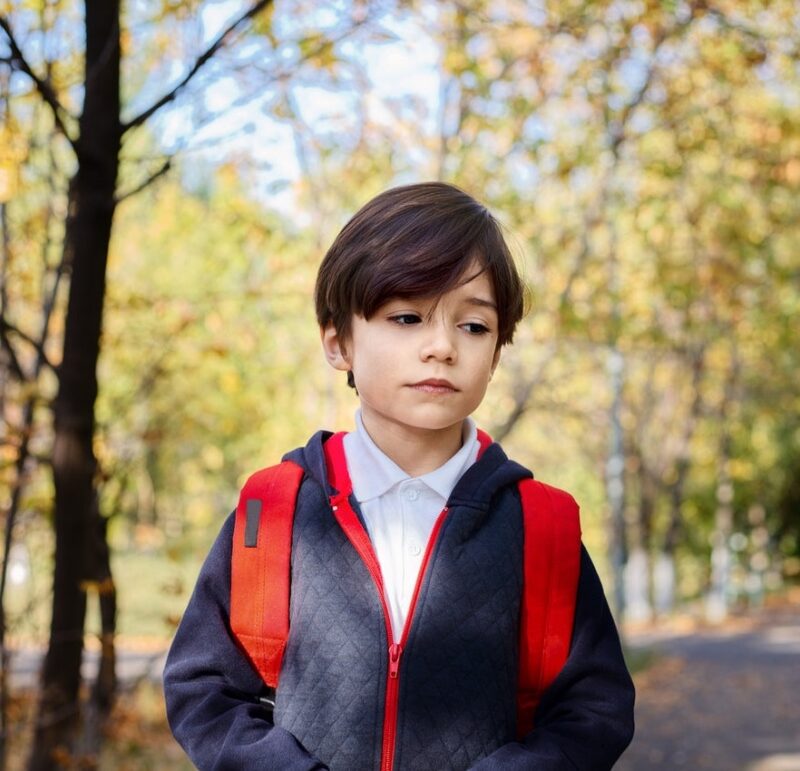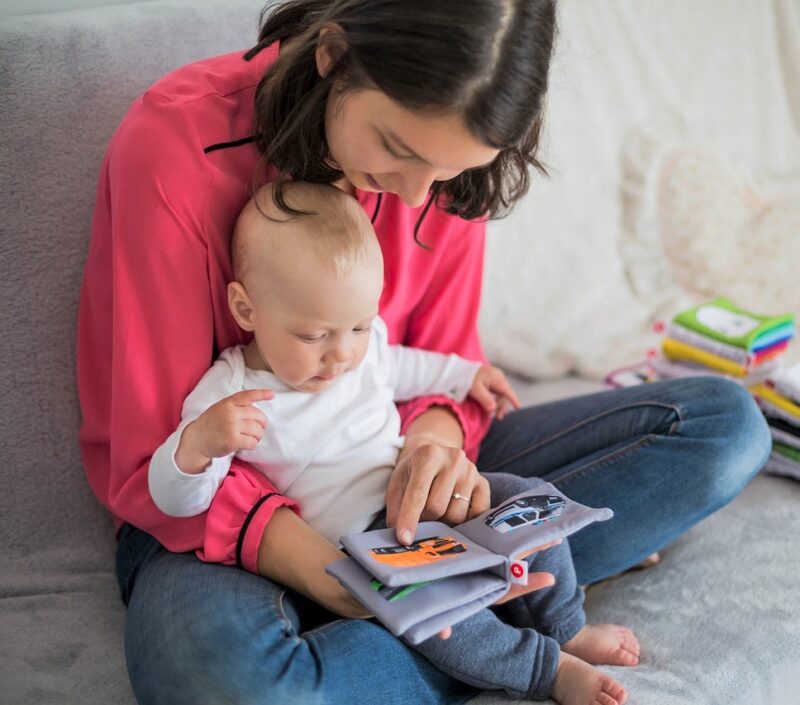
Infants With Autism Don’t Engage With ‘Baby Talk’
That sing-song speech parents use when talking to their babies is universal, and infants tend to prefer it. So, when a baby doesn’t seem to engage with this melodic “motherese,” or baby talk, it can be an early sign of Read more >>


